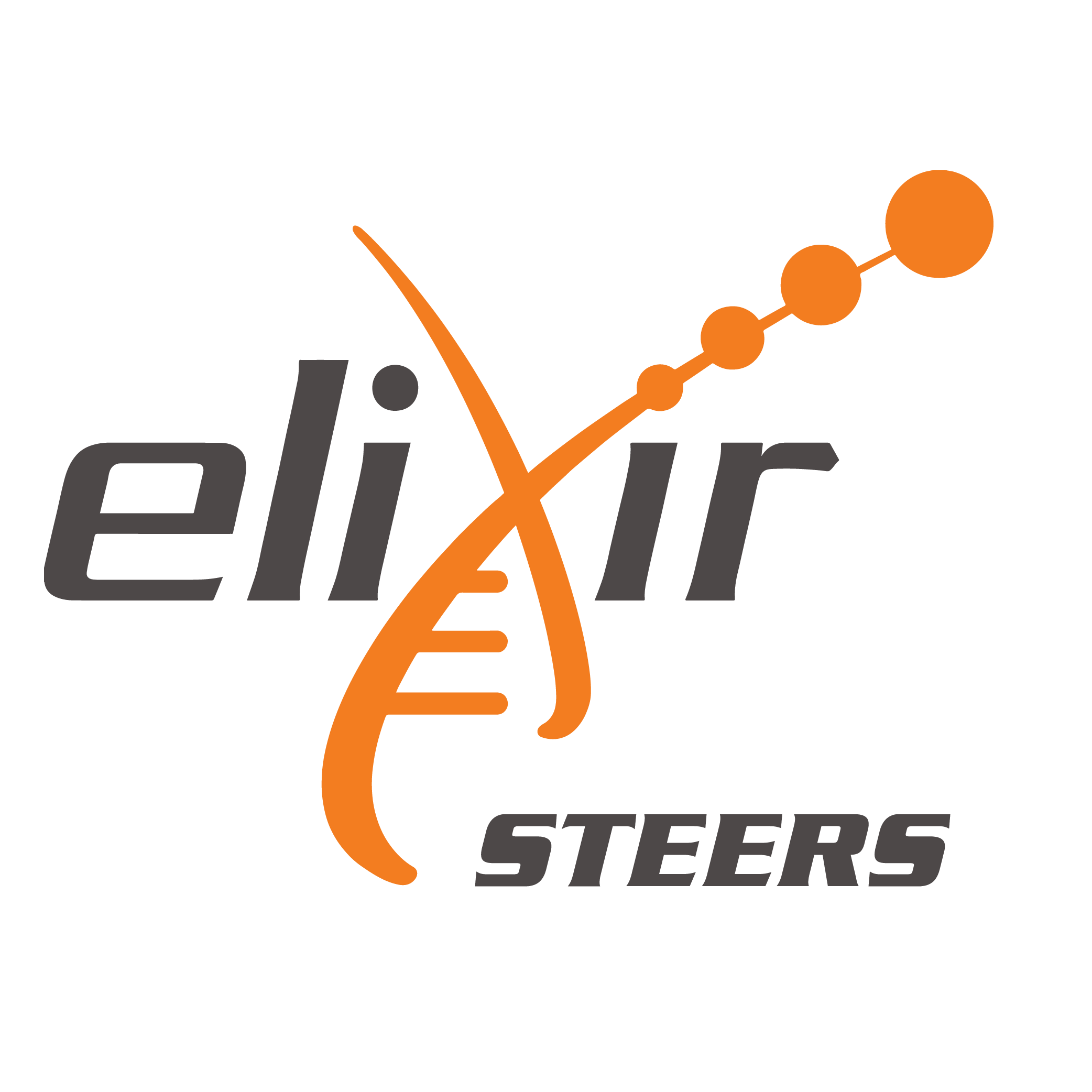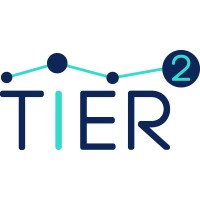Projects
ELIXIR-STEERS:
Our Role in Advancing Software Best Practices & Research Recognition
Our team leads Task 3.1 (part of WP3: Infrastructure services to enable adoption and deployment of software best practices), focusing on enhancing existing platforms like APICURON, ORCID, and BIP! Scholar. Our goal is to ensure scientists receive proper credit for research assets beyond traditional publications. We are developing new or improved features for software, tools, and workflows, enabling the exposure of credit information in key registries such as bio.tools and WorkflowHub. This will be achieved by improving interoperability between these platforms, services, and Open Science Knowledge Graphs (e.g., the OpenAIRE Research Graph) using schema.org (Bioschemas) markup.
Additionally, we contribute to Task 3.3 and Task 3.4, focusing on integrating with the TIER2 project and implementing environmental impact-related features in workflow management systems.
As part of Task 5.2 (under WP5: Communications, outreach, industry, and international), we collaborate with WP2 and WP3 partners to drive industry engagement, bridging the gap between research and real-world applications.
The ELIXIR-STEERS project receives funding from the European Union’s Horizon Europe Programme under grant agreement number 101131096.
EOSC-EVERSE:
Our Role in Building a European Virtual Institute for Research Software Excellence
Our team brings its expertise in Open Science, Research Software Quality, and Responsible Research Assessment to several key areas of the EVERSE project.
In WP2, our team contributes to Task 2.1 and Task 2.3, supporting the landscape analysis of best practices in high-quality research software development and the creation of meaningful indicators to assess software quality. This includes work on measuring software quality, FAIRness, maturity, and other essential elements that enhance research software.
In WP3, through Tasks 3.1, 3.2, and 3.3, our team helps develop a common metadata framework for software quality by extending existing schemas. This work aims to enable better assessment, management, and recognition of software quality across the research ecosystem.
ARC is also an important partner in WP5, where it conducts a landscape analysis of current reward and engagement mechanisms for research software—such as badges, awards, and leaderboards—in alignment with the EOSC Task Force on Research Careers, Recognition, and Credit. This analysis reviews incentive platforms like APICURON and BIP! Scholar, addressing the needs of EVERSE WP4 communities. Drawing on its leadership of the GraspOS project, ARC fosters connections with BIP! Scholar, GraspOS, and COARA to strengthen recognition practices.
Finally, through its active role in the EOSC Task Force on Infrastructures for Quality Research Software, ARC helps ensure that EVERSE’s work aligns with broader European efforts to make research software more visible, sustainable, and valued.
The EOSC-EVERSE project receives funding from the European Union’s Horizon Europe Programme under grant agreement number 101129744.
TIER2: ARC’s Role in Building Tools for Reproducible Science
At ARC, we play a vital role in TIER2’s mission to enhance trust, integrity, and efficiency in research by advancing reproducibility tools and practices.
We lead the development, extension, and adaptation of practical reproducibility-related tools (WP5) such as software, checklists, standards, workflows, monitoring dashboards, and policy creation guides for funders, publishers, and researchers following a co-creation approach.
As the lead partner for Pilot 3, ARC is extending SCHeMa to support the execution of containerized tasks and workflows and package them in computational experiments for enhanced research reproducibility. The end result is SCHEMA api in the backend and SCHEMA lab in the front end, all open source to facilitate the execution and reproducibility of experiments.
In Pilot 8, we also lead the development of a Reproducibility Monitoring Dashboard – a tool enabling funding agencies to track the FAIRness and reusability of research artefacts generated from funded projects. This supports transparent, evidence-based policy making and strengthens monitoring of research outputs in alignment with Open Science goals.
Through these efforts, ARC supports TIER2’s broader vision: to enable practical, scalable, and community-driven solutions for reproducibility that are tailored to disciplinary realities, aligned with EOSC, and grounded in real-world stakeholder needs.



